
Kim A Mortal Menace Or Playing Mind Games?
recent chapter
in
Comparative Connections: A Triannual E-journal of Bilateral Relations in the Indo-Pacific.
Kim Jong Un elaborated on his radical new line on South Korea to the Supreme People's Assembly (SPA) in January. It sounded just as nasty as when he first expounded it in December, but no more coherent.
While awaiting further specification in a promised constitutional amendment, our provisional assessment is that this is more bark than bite. While vigilance and deterrence remain crucial, this does not look like a peninsula on the brink of war.
Kim's new stance on South KoreaOn its face, the new stand toward South Korea announced by Kim Jong Un at the end of 2023, and further adumbrated by him later in mid-January, upends Pyongyang's entire past policy – which means repudiating the legacies of his grandfather and father.
Following a review of how party and state policies were implemented in the old year, Kim turned to the new one. Earlier Kim had laid out the usual DPRK perspective.
He spoke of“the dangerous security environment in the Korean peninsula on the brink of a nuclear war,” saying that“the US and its vassal forces have still perpetrated vicious anti-DPRK confrontational moves [and are] openly talking about 'end of regime' in the DPRK.”
Beyond such generalities, a wealth of detail on specific US and alliance developments showed how Pyongyang pays close attention to the moves of its foes. Kim's conclusion:“The word 'war' is already approaching us as a realistic entity, not as an abstract concept.”
Naturally, Kim also blasted“the anti-DPRK confrontation behavior” in which“traitor” ROK President Yoon Suk Yeol recently was getting ever more”offensive.” This was why, in his view, the September 19 North-South Military Agreement“was
scrapped .”
So far, so boilerplate.
But then Kim moved on to posit“gigantic geopolitical changes in [the] international geo-political situation ... and the external environment of the Korean peninsula.” Here came a first mention of“the need to newly formulate the stands on the north-south relations and reunification policy and make a decisive policy change in the work against the enemy.”
Beyond the peninsula, Kim confirmed in doctrine what had already become evident in practice.“The field of external affairs [aka diplomacy] should“concentrat[e] the main efforts on the development of relations with the ruling parties of socialist countries.”
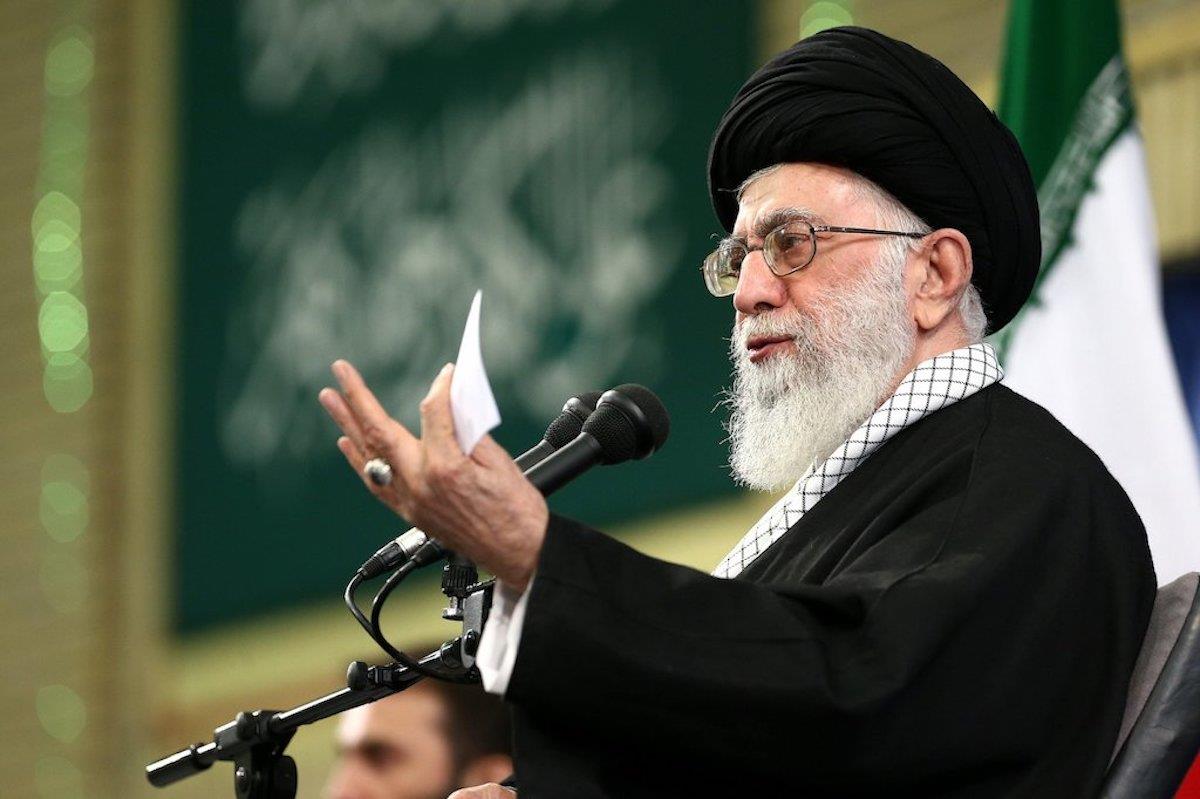
Who will be Iran's next supreme leader?
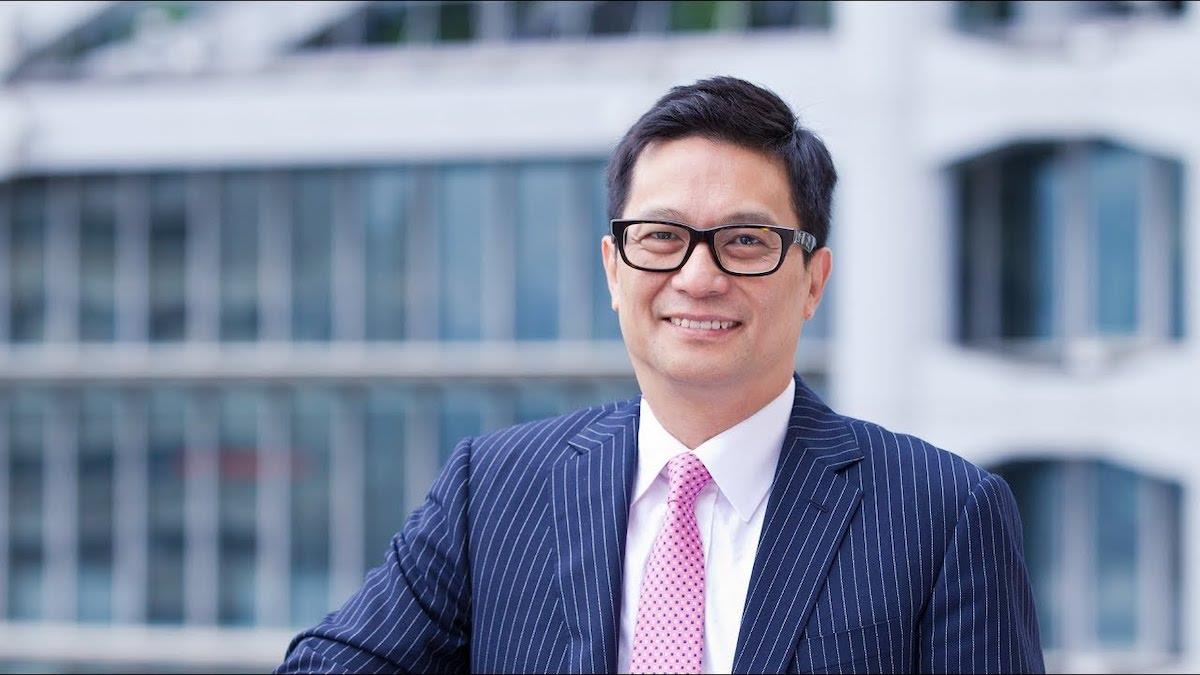
PwC to be fined over Evergrande auditing work
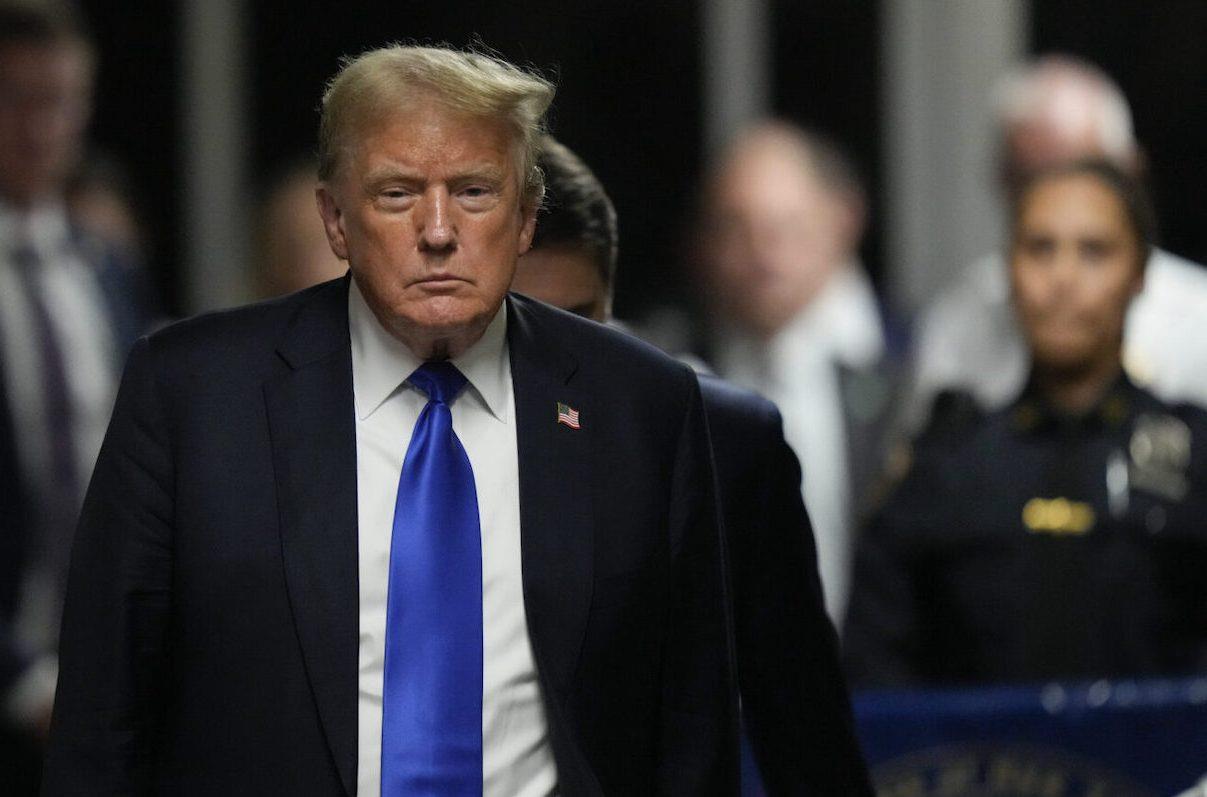
Trump guilty verdict a 1st for US but not the world
That too is a major change, though he did not spin it as such.
Gone are the days when Pyongyang pivoted nimbly between powers: Kim Il Sung balancing between Moscow and Beijing, never fully in either's pocket while pocketing aid from both; or Kim Jong Il playing off China and South Korea.
What of the peninsula? Kim called for“a fundamental turnabout in ... work toward the south, on the basis of a cool analysis of the bitter history of the north-south relations, which has repeatedly suffered only distrust and confrontation.” This“abnormal situation is not a random phenomenon,” and, of course, it is all the South's fault.
For 50 years the North has pursued“most just, reasonable and fair” policies on national reunification. By contrast, even though“the puppet regime has changed more than [10] times so far,” their constant theme is“the collapse of the DPRK's regime” and“unification by absorption.”
Hold it there, comrade. What about Kim Dae-jung or Moon Jae-in ?
“The puppet forces' sinister ambition to destroy our social system and regime has remained unchanged even a bit whether they advocated 'democracy' or disguised themselves as 'conservatism.'”
Hence the party has concluded that“reunification can never be achieved with the ROK authorities that defined the 'unification by absorption' and 'unification under liberal democracy' as their state policy, which is in sharp contradiction with our line of national reunification based on one nation and one state with two systems.”
But all this is a travesty. True, some – perhaps most – conservative ROK leaders thought in the way Kim describes. Not so the three liberals –“DJ” (1998-2003), Roh Moo-hyun (2003-08), and Roh's protégé Moon (2017-22). Their vision was quite different and much closer to Pyongyang's own.
Kim then adduces a further example, while also shifting his ground:
True, South Korea's constitution does make that claim (in Article 3), whereas the North's contains no such territorial definition. But this is specious of Kim. From the beginning, neither Korean state has recognized the other.
'Hemiplegic malformation 'Moving swiftly on, Kim draws drastic conclusions (numbers added for convenience):
“I think it is a mistake we should no longer make to regard the clan who publicly defined us as the 'principal enemy' and is seeking only the opportunity of 'collapse of power' and 'unification by absorption' in collusion with foreign forces as the partner of reconciliation and reunification. “It is not suitable to the prestige and position of the DPRK to discuss the issue of reunification with the strange clan who is no more than a colonial stooge of the US, just because of the rhetorical word the fellow countrymen. “South Korea at present is nothing but a hemiplegic malformation and colonial subordinate state whose politics is completely out of order, whole society tainted by Yankee culture, and [defense] and security totally dependent on the US. “The north-south relations have been completely fixed into the relations between two states hostile to each other and the relations between two belligerent states, not the consanguineous or homogeneous ones any more.”Who or what exactly does Kim think“South Korea” is? He switches from government to territory to that peculiar“clan,” which prompts several questions.
If the“clan” is unrepresentative – though freely elected, unlike north of the DMZ – then what of the Southern people? The implication is not only that Pyongyang has found no worthy interlocutors, but that it never will – and has stopped looking.
Paragraph 3 gives another version of what South Korea is, and it ain't pretty – nor remotely true. The distasteful disablist imagery that Kim bandies around here suggests an implicit political eugenics. Such a malformed, tainted, dependent entity is clearly unfit to be a dialogue partner.
In what sense, if any, is Korea still one? Not at all, according to Kim. He reckons that“fellow countrymen” is merely a“rhetorical word.”
Paragraph 4 begs questions. Is it true that inter-Korean ties (at the level of states) are“fixed” into hostility? And regardless, what has that to do with either consanguinity or homogeneity?
Kim rounds off this farrago with two conclusions: bureaucratic, and then (more ominously) military. First, various organizations – not least,“the United Front Department of the Party Central Committee” – need“readjusting and reforming” to“fundamentally change the principle and orientation of the struggle.”
And on the very first day of 2024, Foreign Minister Choe Son Hui called a meeting“with officials concerned” to start implementing the organizational changes.
Evidently MOFA-not always a high-status ministry in Pyongyang – will gain power and expand its bailiwick, as the formerly separate bodies (mostly under the WPK) which hitherto handled South Korea are summarily axed.
And then finally a concluding growl:
Many questions arise. So the“territory” of the South can be subjugated – but only if the foe makes the first move? What about the Southern people: are they to be“subjugated” too?
And why is Kim, who ended his father's military-first strategy (Songun) by restoring party control over the KPA, now in effect telling MOFA to spruce up and keep pace with the soldiers?
Aidan Foster-Carter (... )
is an honorary senior
research fellow in sociology and modern Korea at Leeds.
Thank you for registering!
An account was already registered with this email. Please check your inbox for an authentication link.
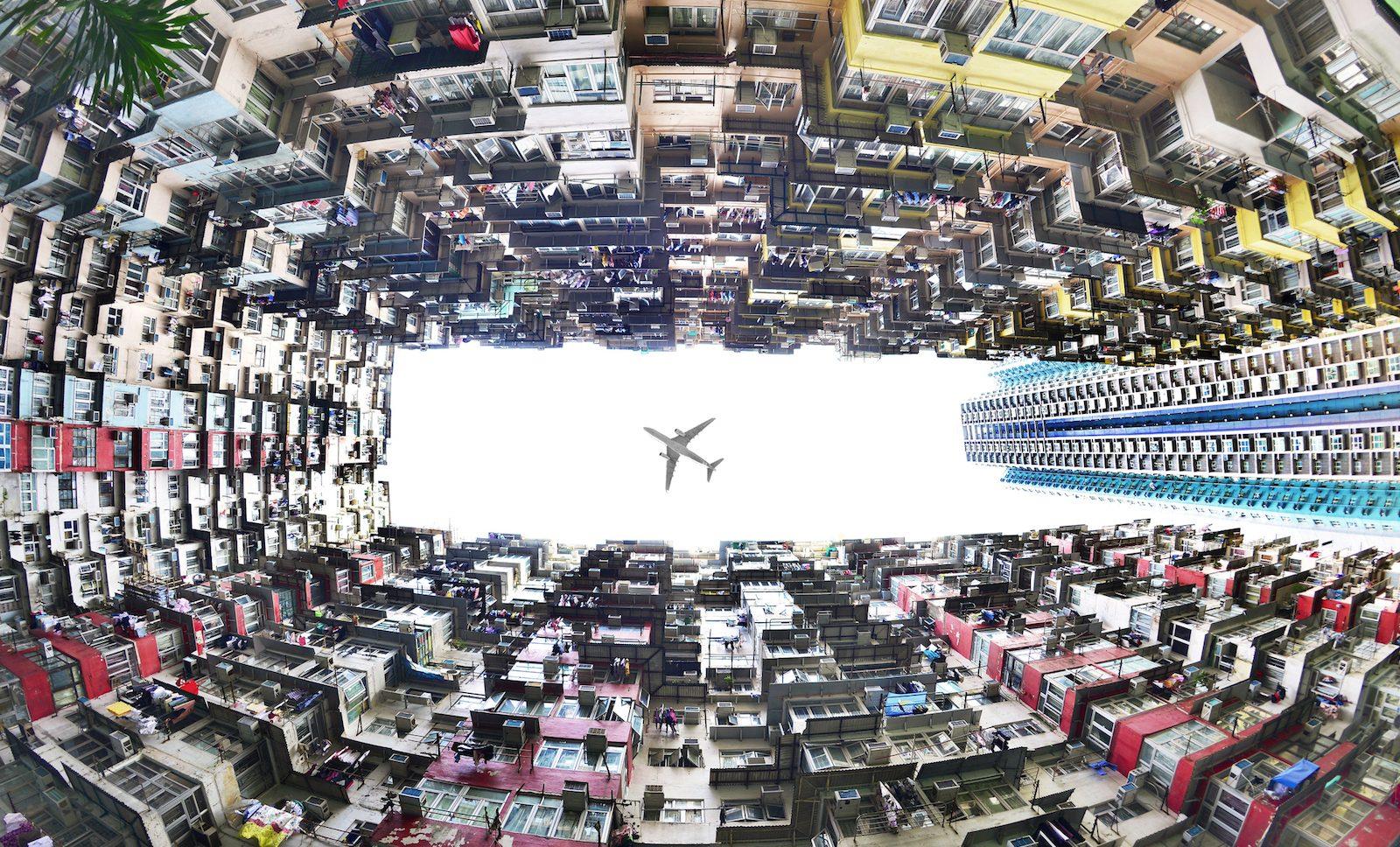
Sign up for one of our free newsletters
- The Daily ReportStart your day right with Asia Times' top stories AT Weekly ReportA weekly roundup of Asia Times' most-read stories

Legal Disclaimer:
MENAFN provides the
information “as is” without warranty of any kind. We do not accept
any responsibility or liability for the accuracy, content, images,
videos, licenses, completeness, legality, or reliability of the information
contained in this article. If you have any complaints or copyright
issues related to this article, kindly contact the provider above.

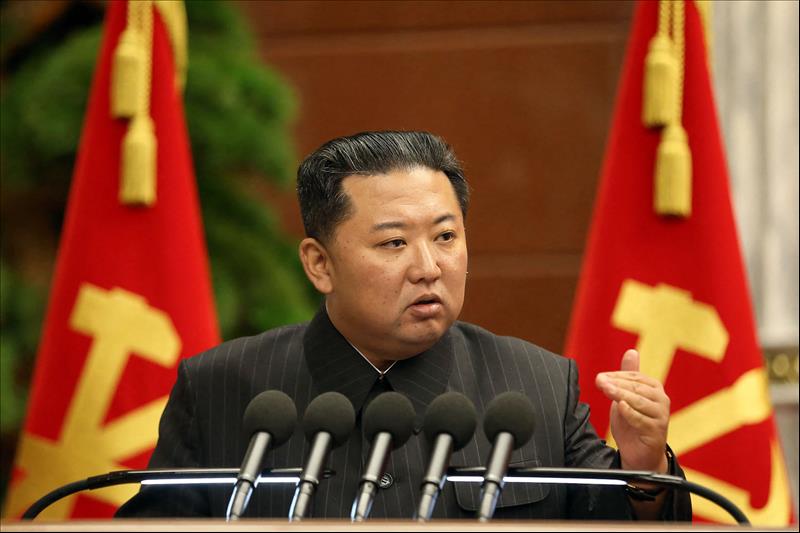















Comments
No comment